Wounding the Reader
The importance of writing hard things (in an ultra sensitive world)
When I was a new mom, Instagram and Facebook were still relatively new. My circles there were small, but the messaging around motherhood was still the same as it is now. And it’s the same messaging we get around most topics on social media platforms, although Instagram is the main culprit. Look at me. Isn’t my life so beautiful?
It’s something I actually love about the platform. I’ve watched my friends children grow up, memorialized hikes and beach trips. I’ve set up an altar to beauty. But there’s something dark there. Uncanny if you will.
I get the same feeling in newly developed suburbs that dot the western United States. The sleek concrete, unbroken asphalt, the fresh stucco newly applied at the shopping center with people who wear five variations of the same outfits, busily shopping for that thing that hundreds of other people bought that day. It’s a bit like Stepford Wives, isn’t it?
“That green stuff outside is grass, and the yellow stuff coming down on it is sunshine.”
— Ira Levin, The Stepford Wives
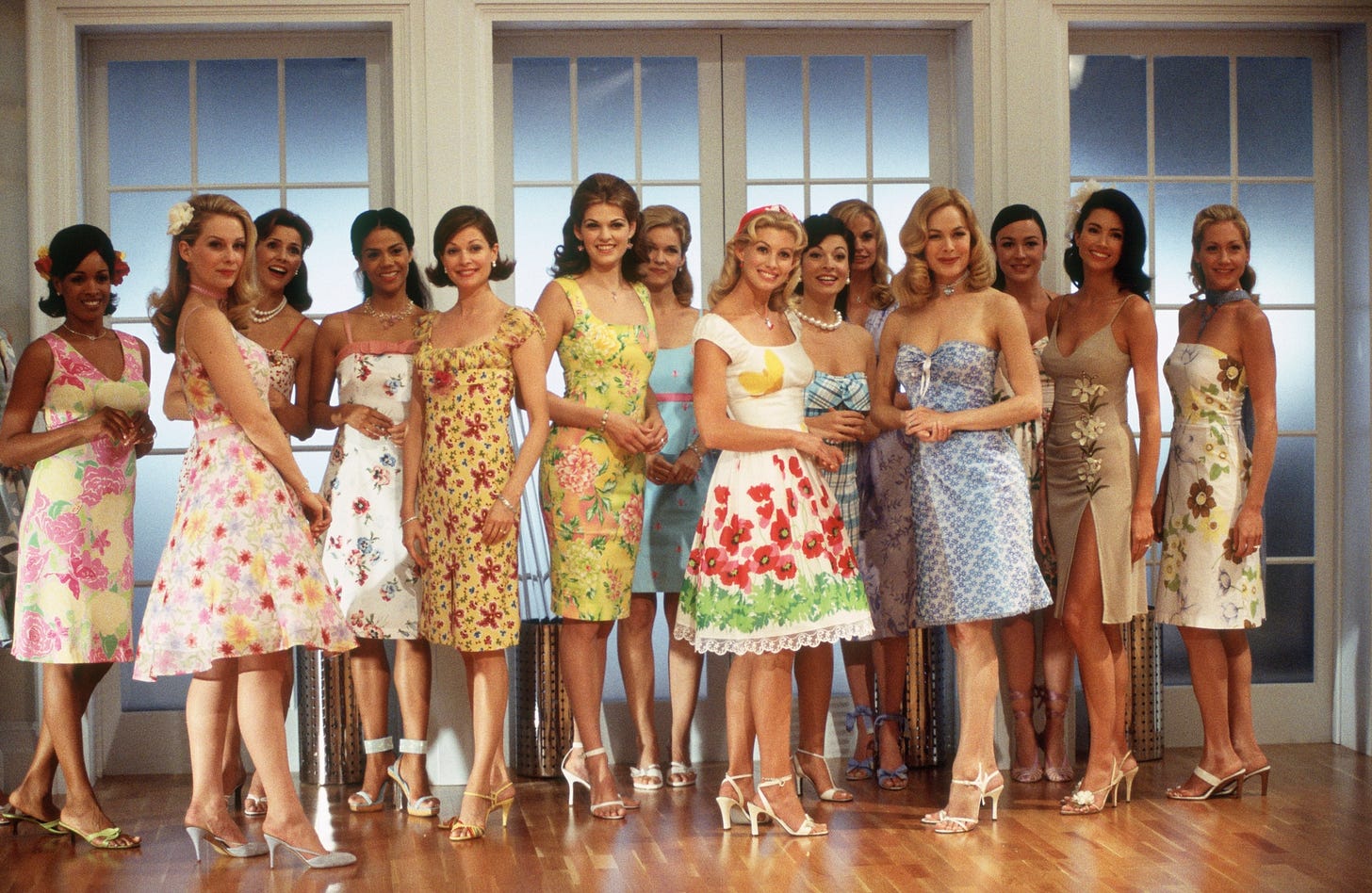
Life as a new mom was beautiful, but not in some magazine model way. I was learning to love, and as anyone who has really loved knows, it isn’t all picturesque. Losing countless hours of sleep, forgetting to eat or drink enough, and trying to adjust to the new responsibility of a constant little life I held in my arms and at my breast nearly every hour of the day. I didn’t photograph that.
When you have a new baby, your house is messy. Your whole focus is caretaking, and as any nurse knows, that means bodily fluids. All of them. I can remember one night with my second child. My milk had just come in, and it was extremely painful. I remember my husband sitting up with me as I tried to get my baby to nurse and alleviate some of the pressure. He looked at me, tears in my eyes from the pain.
“Why does this have to be this hard?” he asked.
Truth be told, I do well with pain. I was okay with the process, expected it actually. After all, I had been the one breastfeeding the first time around. Maybe he hadn’t been there for that exact moment before, or if he was, maybe it didn’t hit him the same way. There are no Instagram stories for that, those intimate moments. A bond between two parents in the middle of the night. No. For that, there are books and poems and paintings and stories.
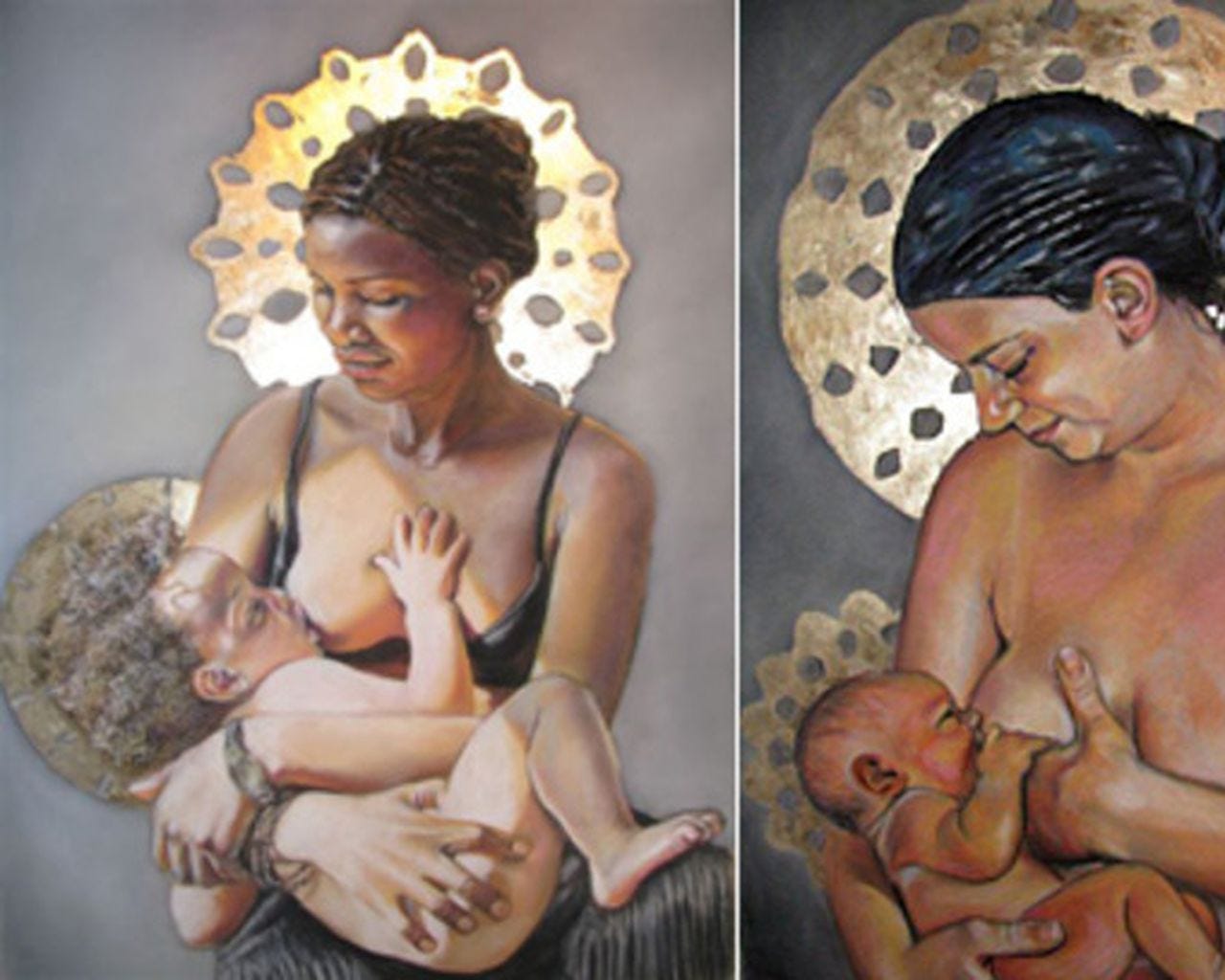
(Now, of course I know there are probably hundreds of beautiful blogs or Facebook pages dedicated to childbirth and breastfeeding that show it in all its incredible nuance. But for me, in those days, I had something like the following.)
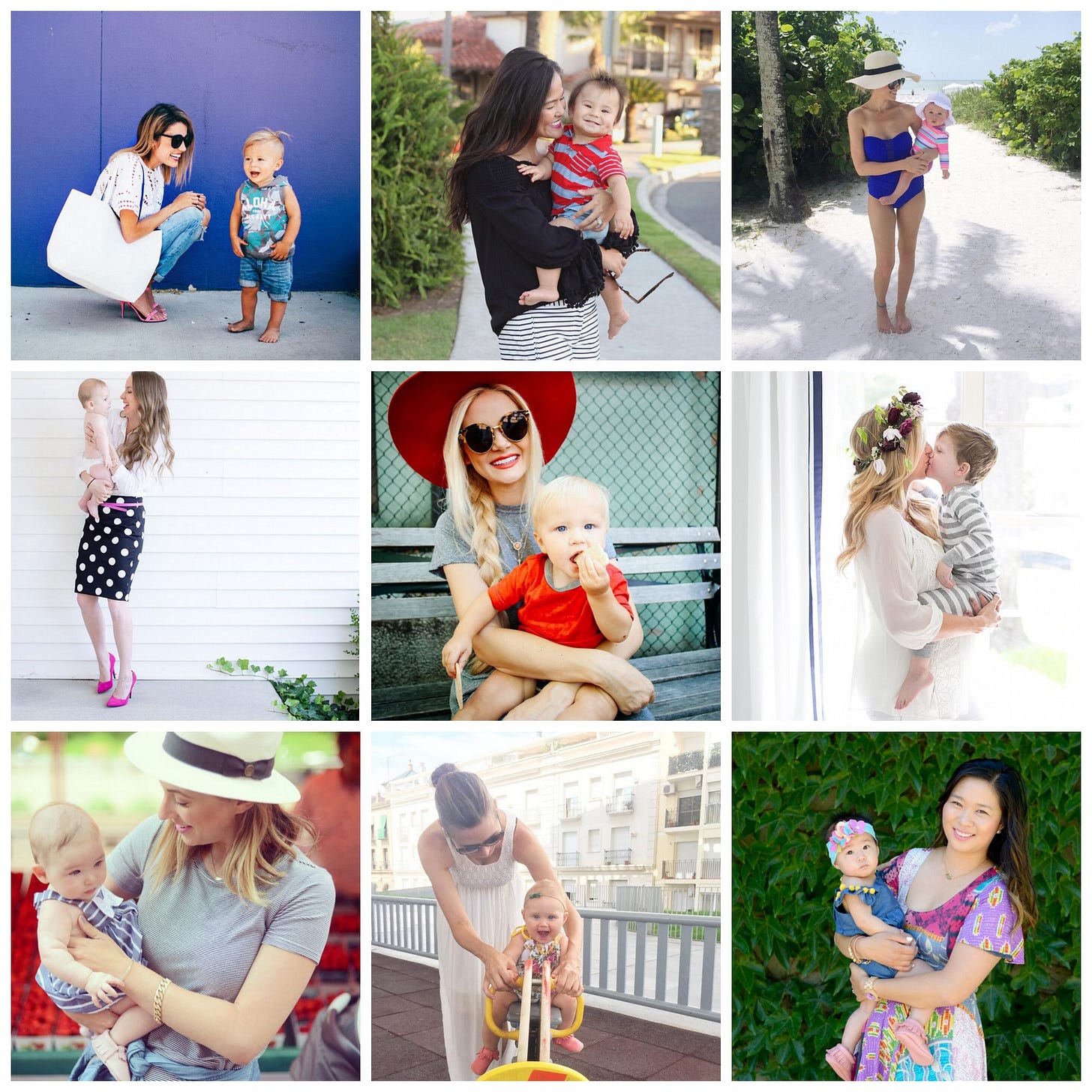
Mommy Instagram waiting for me at the end of each day, a constant kaleidoscope of beauty and nothing but. I can’t say exactly what that did to me in those early, vulnerable days of motherhood, but I know it impacted my mental health negatively. Seeing people on trips while you’re sitting alone with a crying infant surviving on three hours of sleep can do something bad to you. Make you hate a season in your life that is actually precious.
Someone close to me went through a divorce, and found themselves alone and isolated in a town where they had very few friends. She had just moved there for a new job a few months before when she decided to end their marriage, and the results were obviously devastating. It was winter, and when she wasn’t working, she dove headfirst into chronic social media use. Endless scrolling. It became an actual addiction.
By day she worked a job, and by night, she laid in bed or on her couch and watched other people’s lives. The seemingly happy marriages. The cocktails they had with friends. The landscapes of foreign countries. Beautiful.
Tell me, what does a person going through that immense pain, losing a family member and lover, get out of that? Envy. Anger. Pain. Shame. Rejection. Of course, she should have stopped, and she did eventually, but her story reminded me of my own when I first had my children.
You would think that the images of happy times and smiling faces would bring, you guessed it, happiness. But it turns out that isn’t what people need when they’re going through something hard. Something intimate and life changing. They don’t need to be marketed to. They need art.
The most important things are the hardest things to say. They are the things you get ashamed of, because words diminish them - words shrink things that seemed limitless when they were in your head to no more than living size when they're brought out. But it's more than that, isn't it? The most important things lie too close to wherever your secret heart is buried, like landmarks to a treasure your enemies would love to steal away. And you may make revelations that cost you dearly only to have people look at you in a funny way, not understanding what you've said at all, or why you thought it was so important that you almost cried while you were saying it. That's the worst, I think. When the secret stays locked within not for want of a teller, but for want of an understanding ear.
— Stephen King, The Body
I’ve written a lot about the loss of nuance, usually from the lens of book bans and the people who want to restrict what gets read in schools and libraries. If you don’t know, the desire to restrict what people write and read is accelerating. I think we all know where the stream has been poisoned. It’s in the blue ghost glow lighting up your face in bed, maybe while you scroll and read this very article. And I think the crux of the thing is in the same issue that tortured me in my early motherhood days. The thing that tortures many young people who find themselves willing to die or harm themselves, if only they can look like someone else.
I read through opinions on censorship, and I wonder, really, how many books people have read when they argue in favor of it. I know. It sounds like an asshole, snobbish move, but I’m serious. The opinions there are vast, wide as canyons, especially if you travel back in time a bit, read outside of your country or gender or race or religion or age or generation. Books are whole new worlds.
They require patience. You’ll often hit points where you aren’t sure if you want to go on, not unlike other relationships in life. But usually, there’s a spark of something, a light that’s leading you through a dark cave to the other end, and if you’re lucky there’s a discovery. It’s easy to miss in a world like ours, loud and yelly and honestly, pretty cruel. But if you listen, there’s the sigh of a flower opening, a leaf unfolding in the soil of your being. A piece of stained glass that will stay with you, fixed and open to another world of understanding.
You’ll return to the thought time and time again. A line from a book. A paragraph from an essay. A poem that hit you just right. A song you can’t forget. I’ll give you one of mine. I read it in those same days when I was mindlessly scrolling Instagram, feeling like a failure for no reason at all. For being tired and a little messy. Luckily, a good friend sent me Mary Karr’s book, Lit.
If you don’t know, it’s her memoir. She spills her guts on becoming an alcoholic after she had her son. And do you know what? That book helped me see how beautiful motherhood is more than any perfect picture on the internet ever could.
“In the next room, my son, stout but saggy-kneed, clings to the crib bars like a prisoner. Menthol steam from the vaporizer has made a ghost of him. His ringlets are plastered to his head, and coughs rack his small frame. The animal suffering that’s rattling him throws ice water on me, and I enjoy a surge of unalloyed love for him, followed by panic, followed by guilt. He sees me rushing toward him and abruptly drops his outstretched arms an instant to say, No pants? His head’s tilted with bald curiosity. Which cracks me up, and he laughs till the coughs start exploding through him again, by which point I’ve cleaved him to me, both of us sweating. His diaper’s sagging from the vaporizer’s work, but fresh steam is his lifeline. Carrying him to the bathroom, I crank on the shower. But before I change him, before I squirt the syrupy acetaminophen into his mouth, I haul him whooping down the stairs to the kitchen. I open the stove where a near empty bottle of Jack Daniels squats like the proverbial troll under the bridge. Needing neither glass nor ice, I press my lips to the cool mouth, and it blows into my lungs so I can keep on.”
― Mary Karr, Lit
Do we find that online? It’s been hard for me to see it. Written and undeletable, that paperback of hers in my hand, her insides spilled on the page, that was undeniably life changing. Is that one of the things that is so wrong about social media? (Or so short sighted or inept or designed?) I see so many quotes about how it’s humans that make it what it is. It doesn’t quite fit. Social media doesn’t feel human. It seems as inhuman as a factory primed for production, and we my dears are the product. Sell yourself. And we do.
How has that gone for the Hollywood actresses and starving magazine models? Being commodified? It can’t be us that we’re serving up. We can’t allow ourselves to be so diluted as to be made into a brand. Let AI take over that role. Good riddance. We have to give people a sliver of something that exposes life, as it is. Experience.
It’s not all pain, but when you’re in the depths of it, isn’t art like a hand that reaches out and holds onto you? Maybe even holds you. Not some shaming, envy inducing, product chucking blip on a screen. Mary Karr describes reading in her childhood this way.
“I think I was a lonely child, and I think they made me feel less lonely. I also think they gave me hope, because people survived. Michael Herr lived past the Vietnam War. Maxine Sean-Kingston survived her complicated, Chinese-American childhood. They made me believe I could grow up and get out of the mess I was in, which meant reading for hours in a state of socially sanctioned disassociation, I was in a very difficult family, and reading really took me out of it.”
Have you ever felt that way after a good old Twitter scroll?
Sometimes I wonder if that is part of the problem with today’s cultural conversations. We’re consuming the equivalent of Mad Men marketing for hours a day, then wondering why the conversations are in decline. They’re hot takes. Cool lines. Short and to the point and ridiculous. At least in the days of TV commercials, you had to watch a story unfold on the screen between the shine of gleaming teeth and rippled biceps.
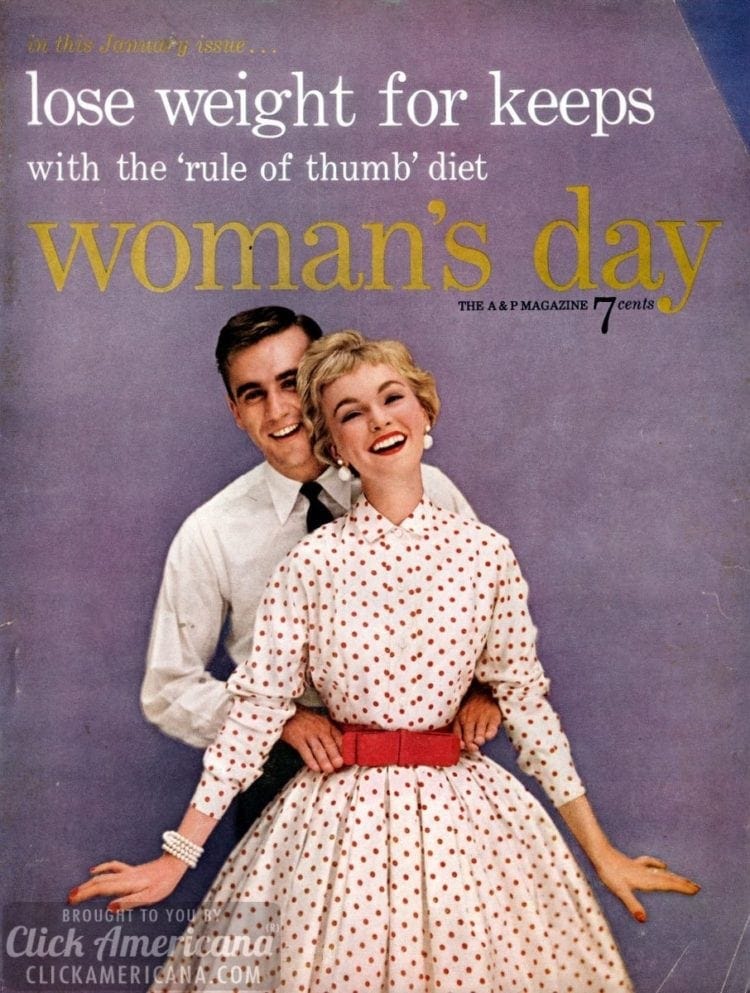
Is it any wonder that we’ve got another 60’s broiling when we’re living in an ultra-commodified, product driven world? Social media is selling that. They view us as that. The alternative is to produce something honest. You know what else was being published when this magazine was made?
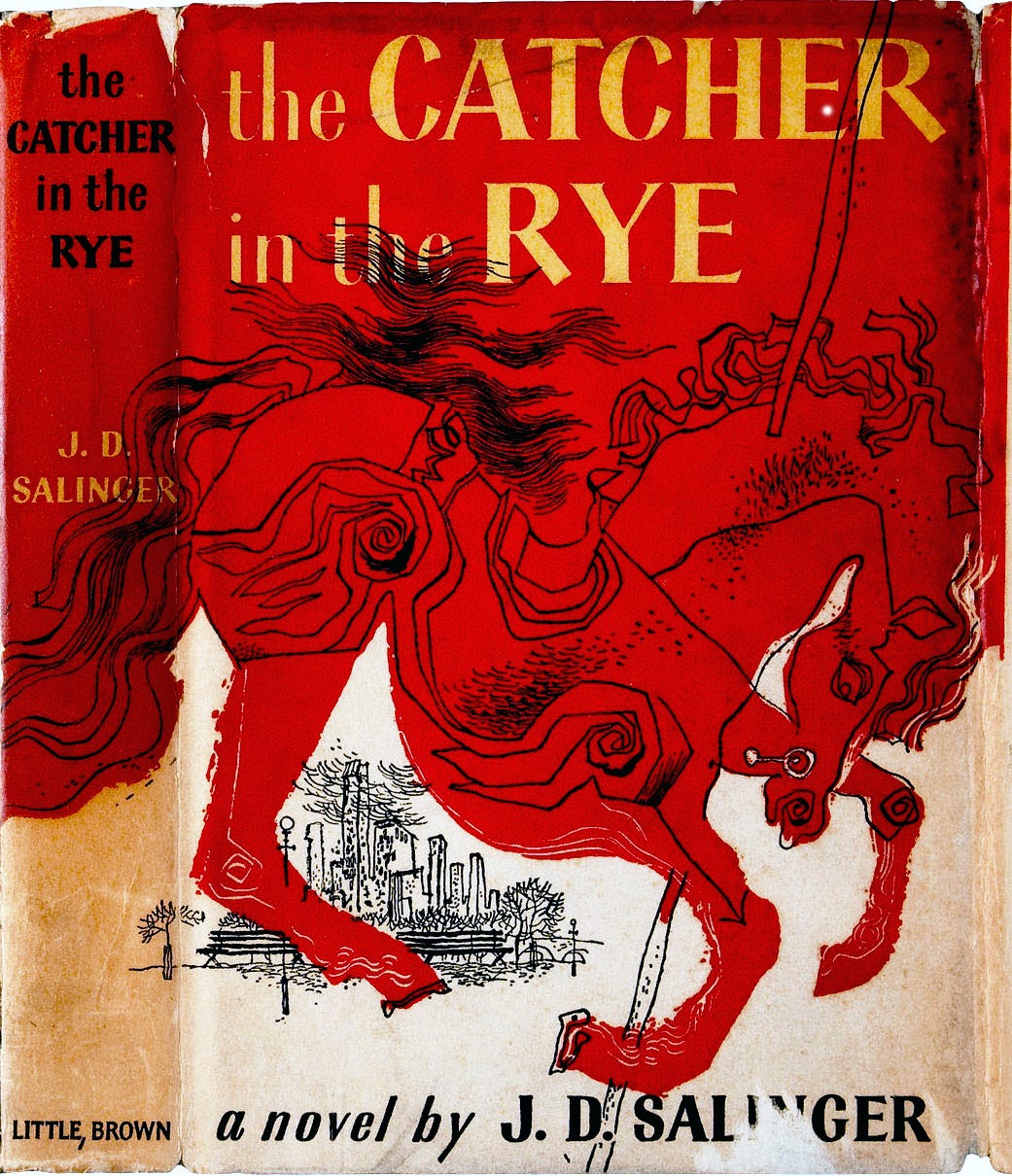
Published in 1951. Still being banned in school districts today.
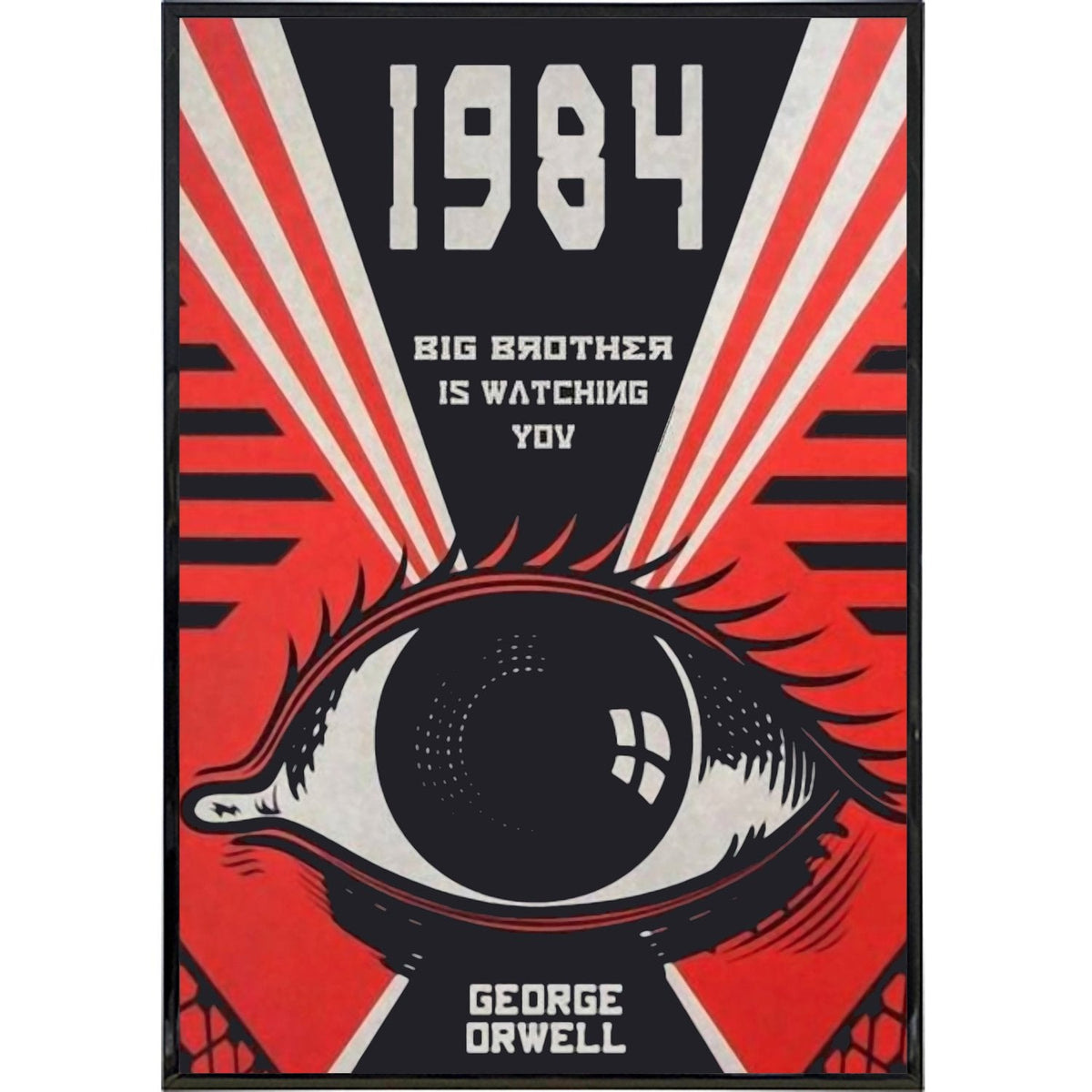
Published in 1949. Still being challenged in school districts and libraries today.
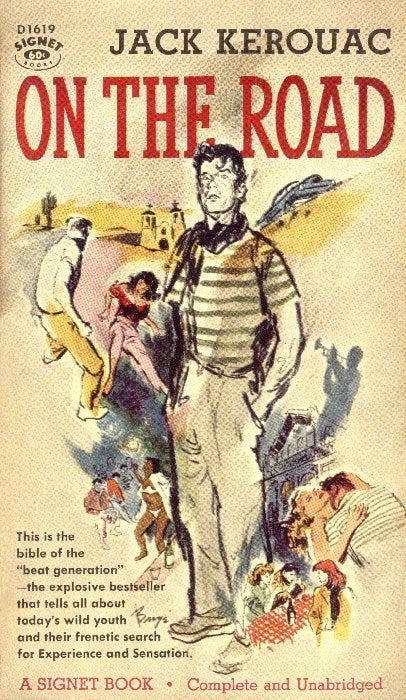
Published in 1957. Still being banned in school districts today.
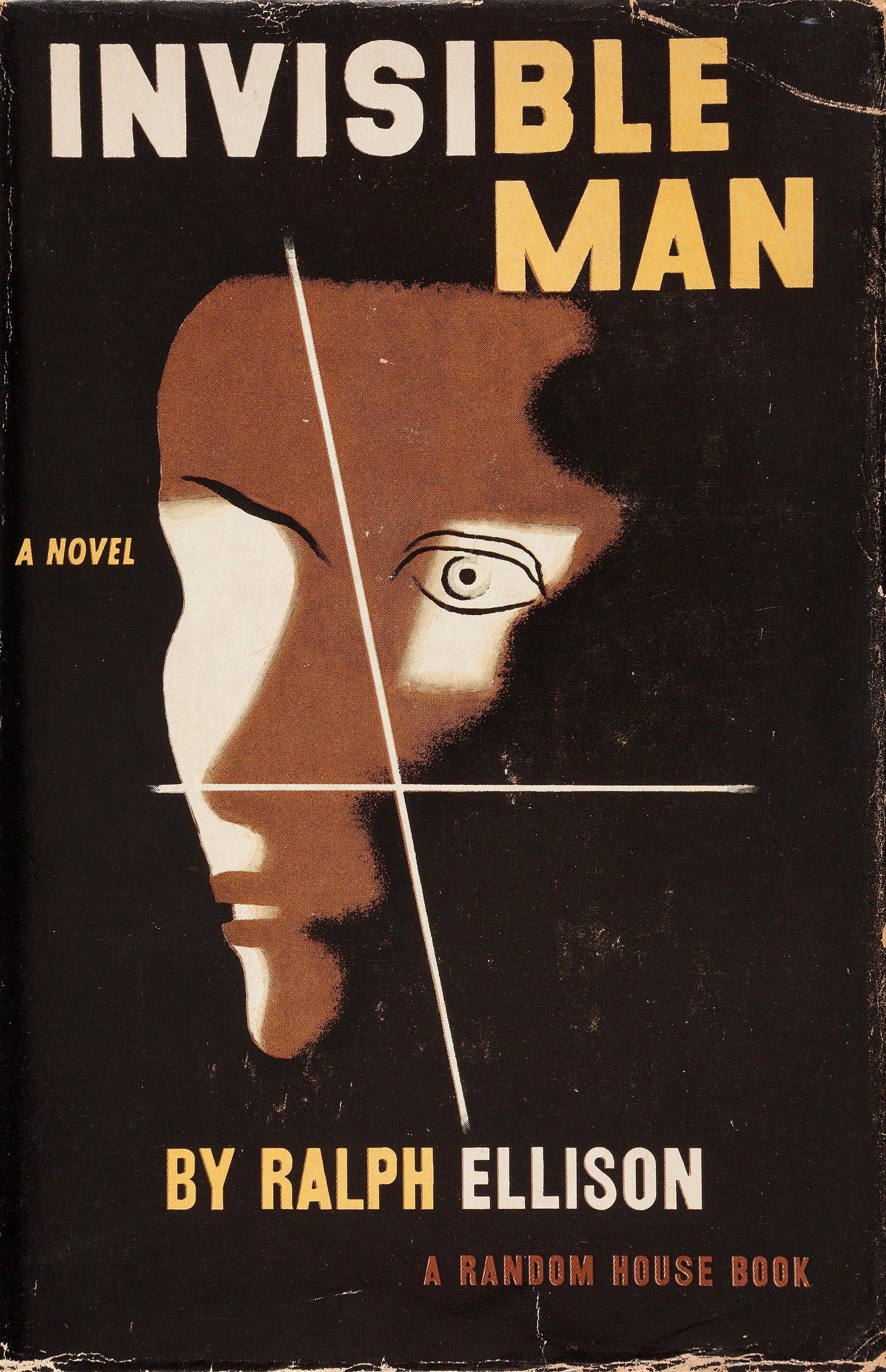
Published in 1952. Still being banned in school districts and public libraries today.
Writing that wounds the reader is necessary. It’s important. Beauty can be found in that pain. And let’s be honest. Most of us relate more to a mother struggling with alcoholism, a man who lost a job, a person dealing with loss, a failed marriage, a shitty job, the general feeling of listless living, than we can to the 1950’s housewife focused on losing weight or the CEO charging us to get our schedules in line.
People need writers and artists to be brave. To write books worth banning. To fight for others to have the right to do the same. And they don’t have to be ultra controversial. They just have to be honest. Show a little skin…metaphorically speaking.
“We're not made to wallow in pleasure. Pleasure is joy's assassin.”
― Mary Karr, Lit



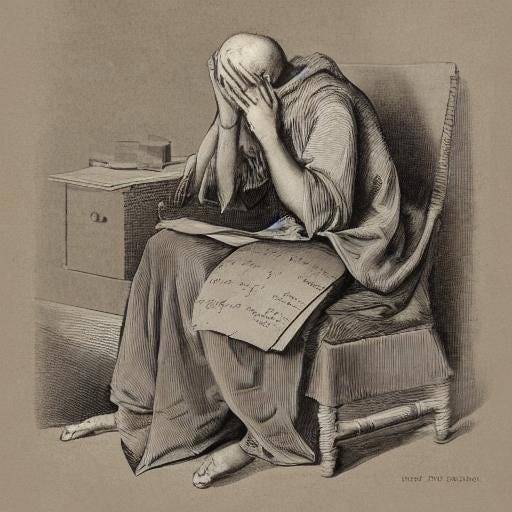
First time reader, Shaina. This was fantastic!
Great, great, great.